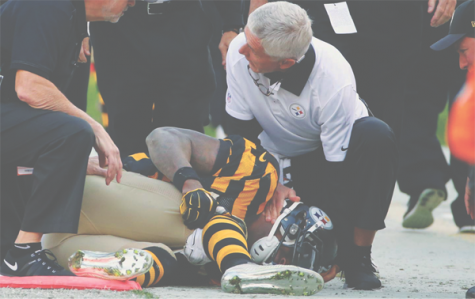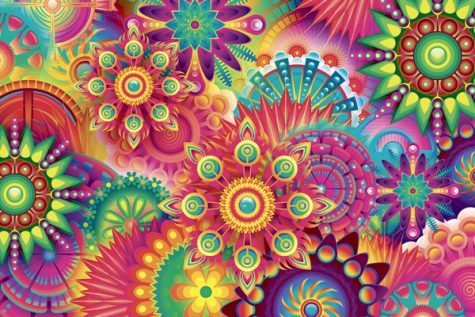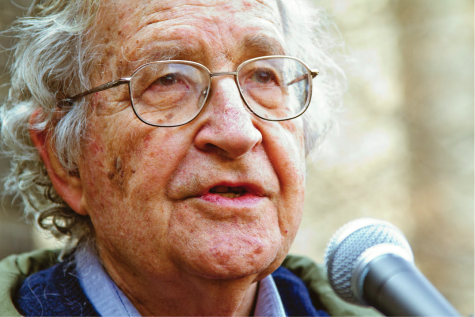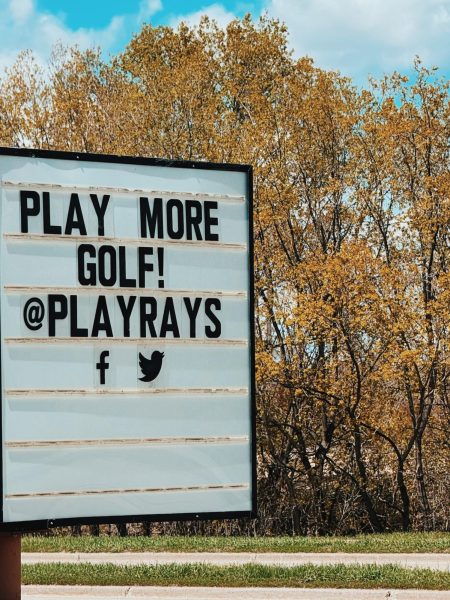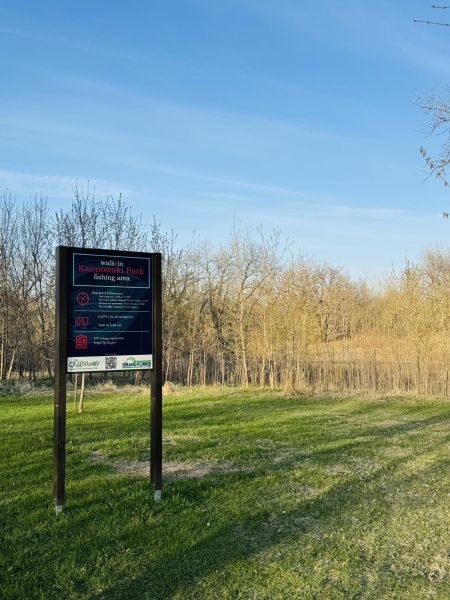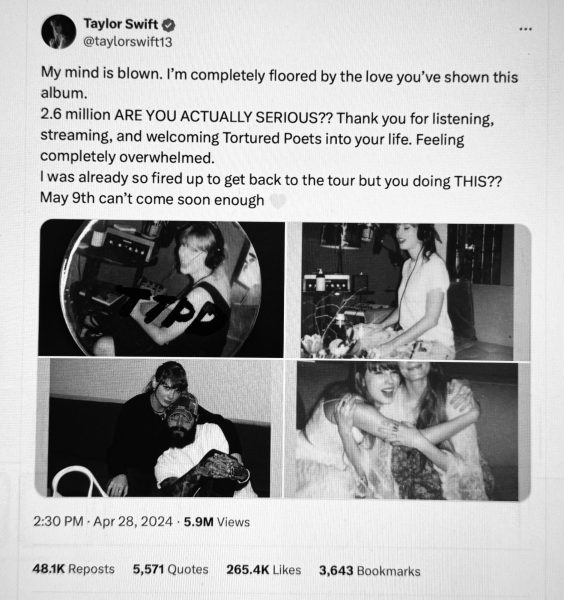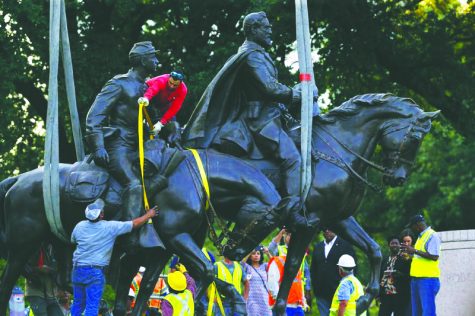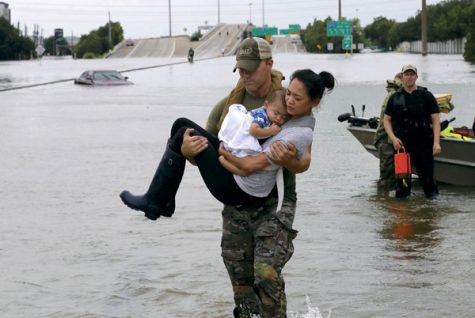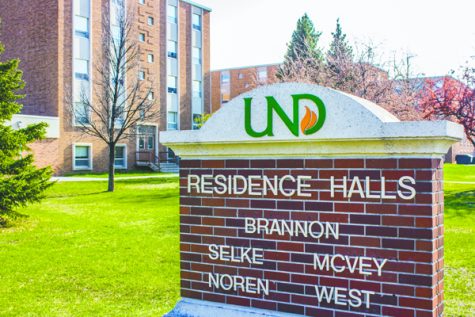Flawed gender norms
To be ‘unintelligible’ means to be impossible to understand. An example of this would be when your roommate comes back to your residence hall from the fraternity party across University Ave, and you can tell he has had a little too much to drink. A couple hours and a large Deeks Pizza delivery later, he has crashed. Three pieces of pepperoni remain, idols of a night partly remembered. When you ask if he wants his blanket, he grumbles and groans. That very noise your roommate just made is unintelligible.
Being impossible to understand often falls upon the silenced voices of gays, lesbians and transexuals. In a society where gender roles are norms, we have been conditioned by our ancestors to follow the trail they already blazed.
We are able to separate ourselves from ‘them’ because it is easy to not associate with people of other genders or gender preferences. A few variables can affect the possibility of a friendship with an LGBT individual. The variables are proximity, similar interests, age, personality and race.
Gender ideas, however, are not on that list. As a society we have built a wall of separation when it comes to our preference of sexual partners. Sexuality is and should remain private, since everything that happens is between you and your significant other. I’m under the belief that you shouldn’t have to publicize the gender you fornicate with, or use the perception of your status as a pedestal to demean others with a different taste.
It is easy to separate yourself from the ‘other’ with sexuality labels that our parents have handed down to us, along with our last names. Labels that we raise proudly with our own hands. “I’m an american who was born in Minnesota. In our house, Christmas is everyone’s favorite holiday and we all had an artistic outlet, from drawing or singing to playing the trombone.”
After a majority of the people in our immediate vicinity agree and follow these labels, a norm is rooting itself into our culture. The expectation is then that all people in this area act a similar way, sharing many of the same values. Growing up I was taught that only a man and woman can marry. My definition of what a ‘human’ is and how they act were molded by tradition.
A lesbian, gay or transgender person would not be able to conform to these rules. A majority of the community the LGBT individual identifies with will not accept them. Persecuted by those closest to them, they become an outcast in their own home. In time, they may agree with the rest of society while struggling with their identity. The LGBT individual will not feel like a human if they consistently question their own identity. In a society that makes ciphers out of individuals who do not fit the typical mold, it is easy for the individual looking for a place in this world to feel like an alien.
Meeting my first openly gay man was a shock at first. Since I was raised in an accepting family environment, I was able to adapt quickly, altering my definition of the ‘human’. I believe my parents decision to not take us to church played a part in my open mindedness. Also, the district I went to school, district 281 was remarkably diverse. My high school had an equal number of Caucasian and African-American students, along with a large Asian (mostly Hmong) minority.
Accepting a human as they are, not because of the labels they conform to, brings about an inner peace. Minor differences mean more freedom. Embrace the weird people. Different people do not conform to the norm. Their uniqueness is a reflection of their sincerity and not a reason to outcast them.
Nick Sallen is the opinion editor for The Dakota Student. He can be reached at [email protected]


